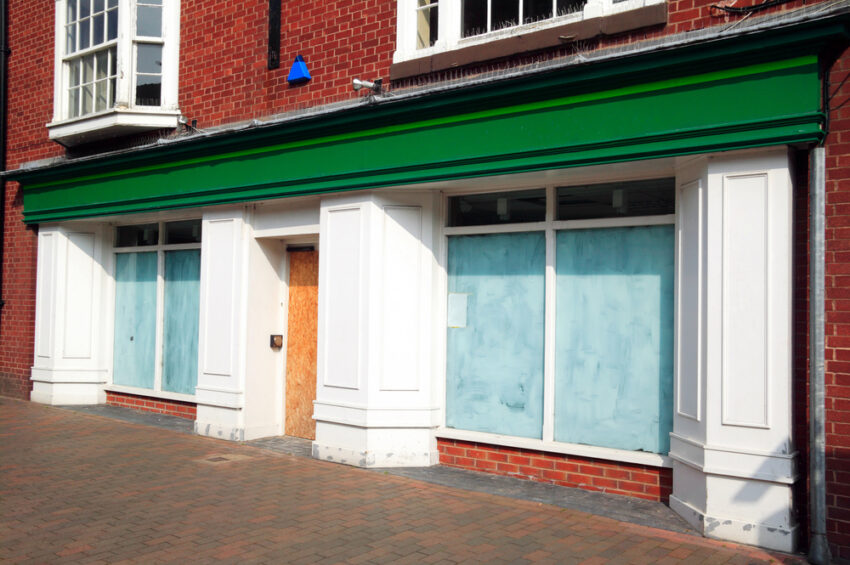The UK has seen the disappearance of half a million small businesses since the start of the pandemic and its exit from the European Union, according to new data from the Department for Business and Trade.
The total number of private sector businesses fell by 56,000 to 5.5 million in the year leading up to 2024, marking a total decline of 500,000 businesses from the peak of six million at the start of 2020.
The sharp decline has largely been driven by an exodus of self-employed individuals and one-person companies, particularly consultants, whose numbers have collapsed by 11% over the past five years. This contraction has been attributed to several factors, including delays in government support for the self-employed during the first Covid lockdown, the rise of remote and flexible working, and a clampdown by HM Revenue & Customs on consultants through the IR35 tax rules.
Despite the challenging conditions, the number of businesses with employees has actually grown between 2020 and 2024, with large businesses, particularly those employing more than 250 people, recording the fastest rate of growth.
Tina McKenzie, policy chair at the Federation of Small Businesses, expressed concern over the “disappointing” figures, calling for a renewed focus on fostering economic growth and promoting an entrepreneurial culture. “There are now well over half a million missing small business owners,” McKenzie said. “That’s half a million wealth creation units missing, which means local jobs and local enterprise are also missing.”
The British Chambers of Commerce echoed these concerns, noting the ongoing difficulties faced by businesses. Jonny Haseldine, policy manager, stressed that the upcoming Budget presents an opportunity for the government to tackle key issues such as business rates reform, capital allowances, and the skills crisis.
The decline of the small business sector is particularly notable in the context of the rapid rise of self-employment and one-person consultancies between 2010 and 2020. During this period, self-employment accounted for 80% of the growth in the total business population, which increased from 4.5 million to six million.
Additionally, the data shows a trend towards incorporation, with more small business owners choosing to operate as companies rather than sole traders or partnerships. While the number of sole traders increased by 323,000 over the past decade, the number of companies surged by 793,000. In contrast, the number of partnerships fell by 100,000 during the same period.
A government spokesperson acknowledged the difficult circumstances faced by businesses over the past few years but reiterated the government’s commitment to improving the overall business environment, particularly for small businesses.

